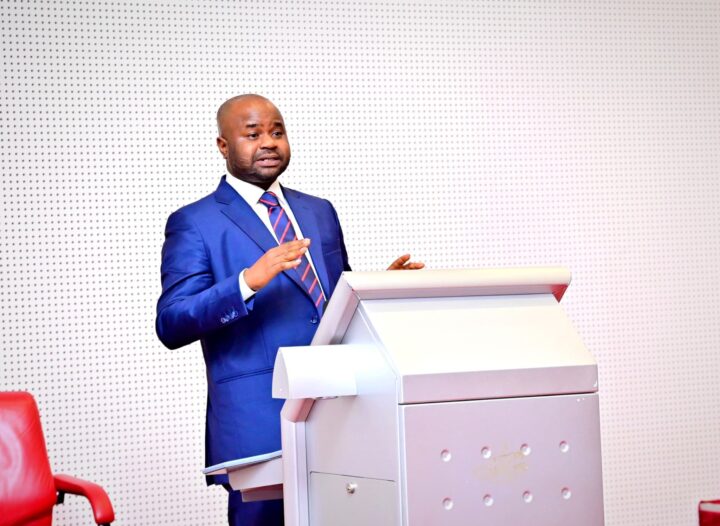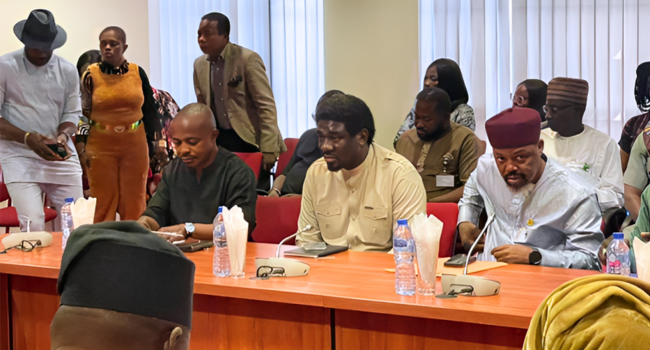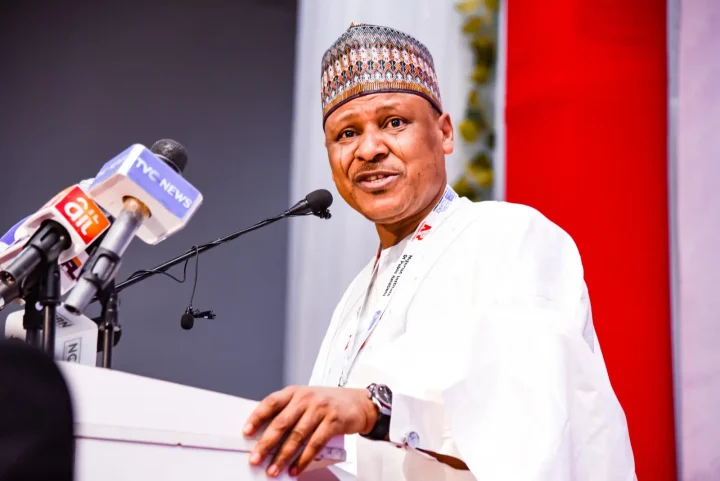Zacch Adedeji, chairman of the Federal Inland Revenue Service (FIRS), says there are leakages because several government agencies collect revenues.
Adedeji spoke on Wednesday when he appeared before the house of representatives committee on finance to defend the FIRS’ 2024 budget.
The FIRS chairman said a single revenue-collection agency is responsible for collecting revenue in other countries, which he noted is a better approach.
“But here in Nigeria we have more than 62 agencies collecting (revenues) one way or the other on behalf of the federal government,” Adedeji said.
Advertisement
“And when you see people (agencies) instead of going to their area of strength, everybody tries to collect (revenue) — the leakage is all there.”
Adedeji said the nation’s obsolete laws are also responsible for tax leakages.
“Most of them (laws) are obsolete. For example, the digital tax that we are talking about — no law in Nigeria empowers us to effectively tax all these digital businesses which we know is on the rise,” he said.
Advertisement
The FIRS boss said has President Bola Tinubu has approved that contractors should be paid directly instead of transferring the money to ministries, departments and agencies (MDAs), most especially capital funding.
He said this would enable the FIRS to deduct tax directly from the contractors and improve cash management.
Adedeji advocated for a single window of revenue collection to prune leakages.
“We are also doing a lot of reform, including the single window. Because if you look at FIRS, what we collect mainly is company income tax which is the result of the difference between cost of sales and gross sales,” he said.
Advertisement
“But the cost of sales if inflated means you would have less profits and less taxes. Today, we don’t have anywhere to confirm the major cost of sales of all these companies because when they do the valuation sometimes, they do not have verifiable value to do that.
“I use NIMASA as an example, the basis of (revenue) collection for NIMASAA is three percent of FOB.
“That has nothing to do with marine. If you use the single window, you know the total number of vessels coming into the country and going out and the fee is just three percent. So what does NIMASA need to do about that?
“What we are saying is that these agencies were set up to do core duties. When you talk about customs, it is border and trade facilitation. Revenue is not the core mandate of customs. Customs is about border and trade facilitation.
Advertisement
“The real principle of the single window is that everything coming to the country is in advance, so you know the number of containers coming, the volume, what is there and you know the amount and they pay you once. When you do that, the customs collecting this and that or the NPA collection would go.
“If you go to the UK or South Africa, you don’t see customs collecting revenue.“
Advertisement
TAX LEAKAGES
Adedeji said FIRS is working to block tax leakages to ensure that more people are brought into the tax net.
Advertisement
He said within two weeks to one month, a bill would be sent to the national assembly to make it mandatory for Nigerians to have one means of identification which is the national identity number (NIN).
“The plan is to make sure everything we do as citizens is linked directly to this NIN,” Adedeji said.
Advertisement
“This would help address the issue of tax leakage.”
Add a comment






